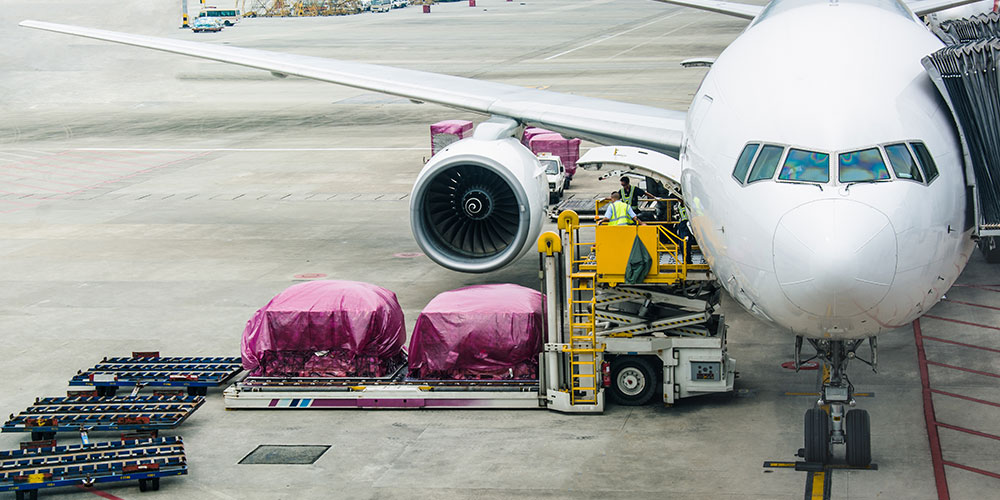
Another Step in the Digital Direction
For the most part, the dangerous goods world is one of the few industries that still relies heavily on using paper documentations, specifically when it comes to shipping declarations. In one of my previous blogs, we talked about DG AutoCheck which is simply a system IATA unveiled that digitally checks the compliance of a shipper’s declarations by simply uploading or scanning the paperwork into the system. As a part of IATA’s e-freight initiative, the digital process is being taken one step further with the implementation the INFr8 (eDGD) digital system.
What is INFr8 (eDGD)?
Unlike DG Auto Check which is intended for use by airlines, ground handlers, and freight forwarders, this digital platform is intended to include shippers as well to digitally create and send electronic Dangerous Goods Declarations (eDGD) through the entire air cargo supply chain. The dangerous goods process has traditionally been paper-based due to the lack of digital standards. The eDGD validation module ensures that the information on the shipper’s declaration is correct against IATA regulations and the specific airline’s requirements as well. Currently, airlines can only begin checking the documentation after handover. Thanks to the new electronic system, errors in accompanying documentation can be detected and ironed out before the airline even receives the shipment. This means documentation errors can be detected and eliminated at an early stage, reducing the number of rejections and delays.
Implementation
INFr8 is currently in pilot operation at Frankfurt Airport and has recently been successfully launched. Lufthansa Cargo, using the INFr8 platform has recently handled the world’s first dangerous goods shipment with an electronic Dangerous Goods Declaration (eDGD) at Frankfurt Airport. This has been a significant contribution to the establishment of the global eDGD standard as part of IATA’s e-freight initiative. INFr8 platform integrates the shipper into the electronic information chain of the air cargo process for the first time, Lufthansa Cargo’s IT systems and processes can now deal with paperless dangerous goods shipments from the beginning process as a shipper to the end process of the airline handling agents. This is expected to result in shorter check-in times and much faster handling of dangerous goods. Currently, this makes the Frankfurt-based cargo carrier the first airline to support the eDGD standard. This initial pilot phase of the INFr8 platform, is expected to last six months. After this, the platform will become a standard tool available to all participants interested in using it.





